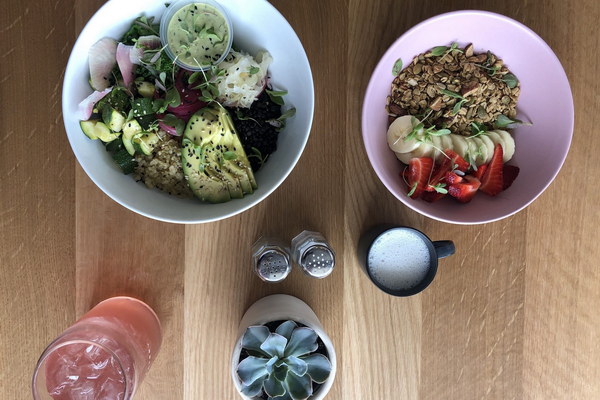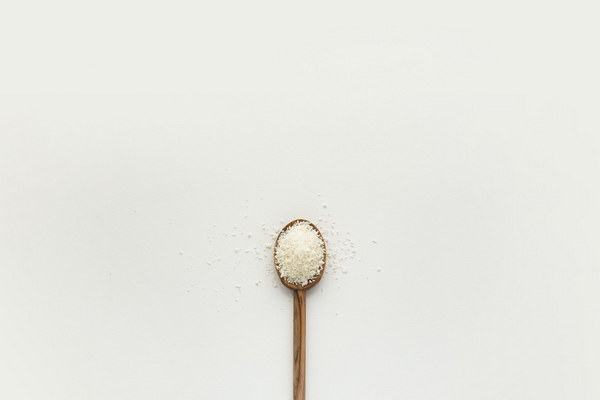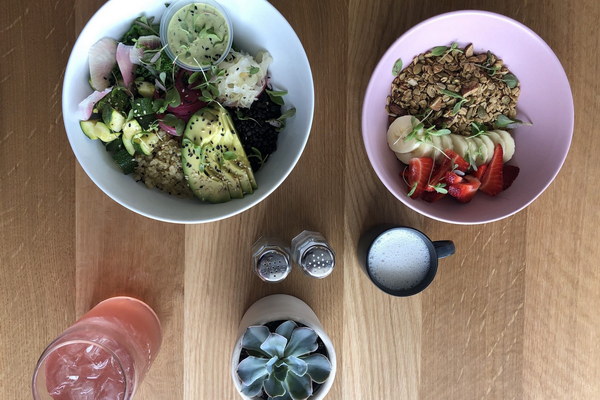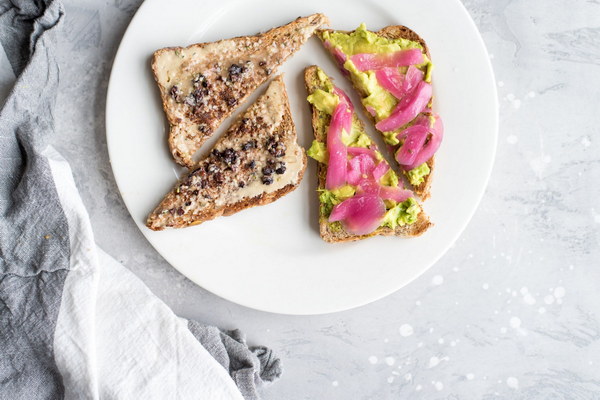Nurturing Your Body After Postpartum Depression A Guide to Self-Care
After the joyous experience of giving birth, many new mothers find themselves grappling with postpartum depression. This condition can be challenging, both mentally and physically. To aid in the healing process and support overall well-being, it is crucial to focus on nurturing your body. Here's a guide to help you prioritize self-care and embrace a healthier lifestyle.
1. Prioritize Sleep
Sleep deprivation is a common issue for new mothers, but it's essential to make time for rest. Lack of sleep can exacerbate the symptoms of postpartum depression. Aim to get at least 7-9 hours of quality sleep each night. If possible, establish a bedtime routine that includes relaxation techniques, such as deep breathing or gentle yoga, to help you unwind.
2. Eat a Balanced Diet
Nutrition plays a vital role in your recovery. A balanced diet rich in fruits, vegetables, whole grains, lean protein, and healthy fats can provide the necessary nutrients for your body to heal. Avoid processed foods and excessive sugar, as they can contribute to mood swings and fatigue.
3. Stay Hydrated
Water is essential for overall health and can aid in the healing process. Aim to drink at least 8 glasses of water per day. If you're breastfeeding, you may need even more hydration. To make water more appealing, add slices of lemon, cucumber, or mint to your drink.
4. Engage in Regular Exercise
Physical activity can boost your mood, reduce stress, and improve your overall well-being. Start with gentle exercises, such as walking, prenatal yoga, or swimming, and gradually increase the intensity. Exercise can also help you maintain a healthy weight and improve your strength and endurance.
5. Practice Mindfulness and Meditation
Mindfulness and meditation can help you stay grounded and manage the symptoms of postpartum depression. These practices encourage you to focus on the present moment, reducing anxiety and promoting relaxation. You can start with guided meditations or attend a local mindfulness class.
6. Establish a Support System
Surround yourself with a supportive network of friends, family, or fellow new mothers. Sharing your experiences and seeking advice from others who have gone through similar challenges can be incredibly beneficial. Don't hesitate to reach out for help, whether it's emotional support or assistance with daily tasks.
7. Seek Professional Help
If you're struggling with postpartum depression, it's essential to seek professional help. A mental health professional can provide you with personalized treatment options, such as therapy, medication, or alternative treatments. Remember, asking for help is a sign of strength, not weakness.

8. Take Time for Yourself
Self-care is crucial during this time. Make sure to schedule time for activities that bring you joy and relaxation, such as reading, taking a warm bath, or spending time with loved ones. Remember, taking care of yourself is essential for the well-being of your baby and your family.
In conclusion, nurturing your body after postpartum depression requires a holistic approach that addresses both physical and mental health. By prioritizing sleep, maintaining a balanced diet, staying hydrated, engaging in regular exercise, practicing mindfulness, seeking support, and seeking professional help, you can improve your overall well-being and take the necessary steps toward recovery. Remember, taking care of yourself is essential for the well-being of your baby and your family.









